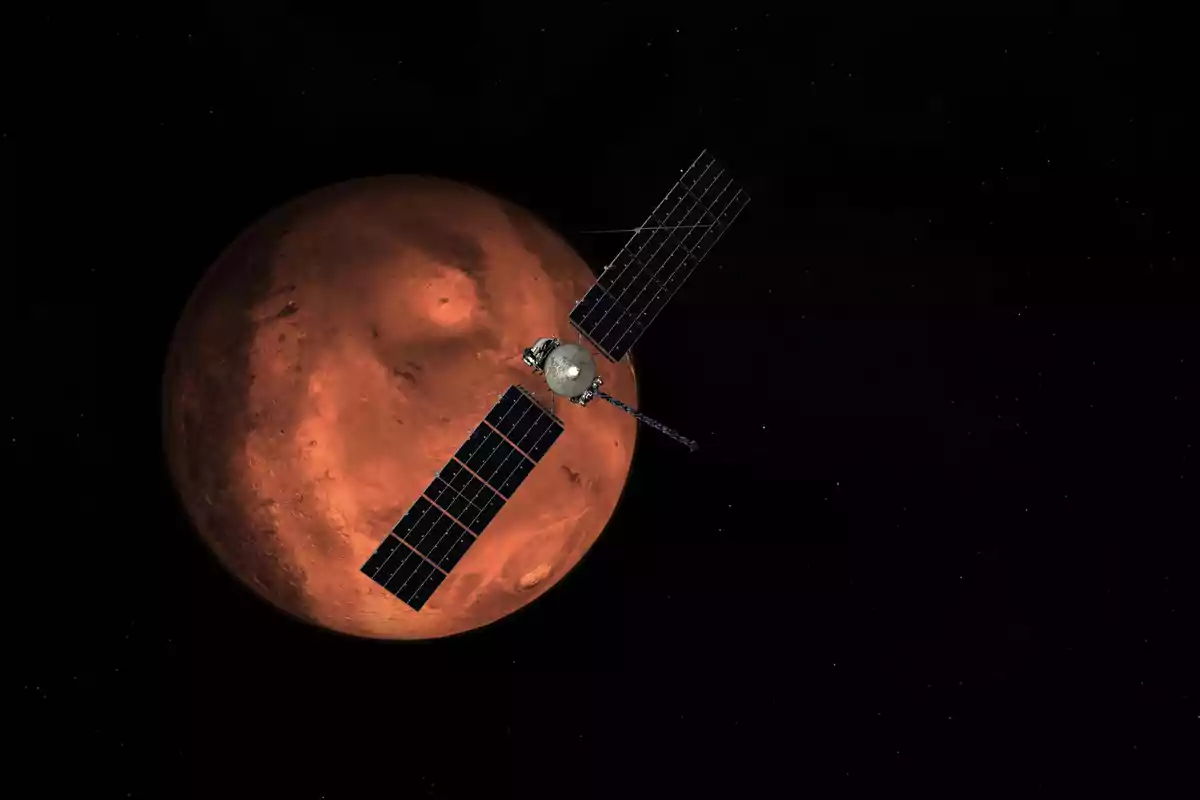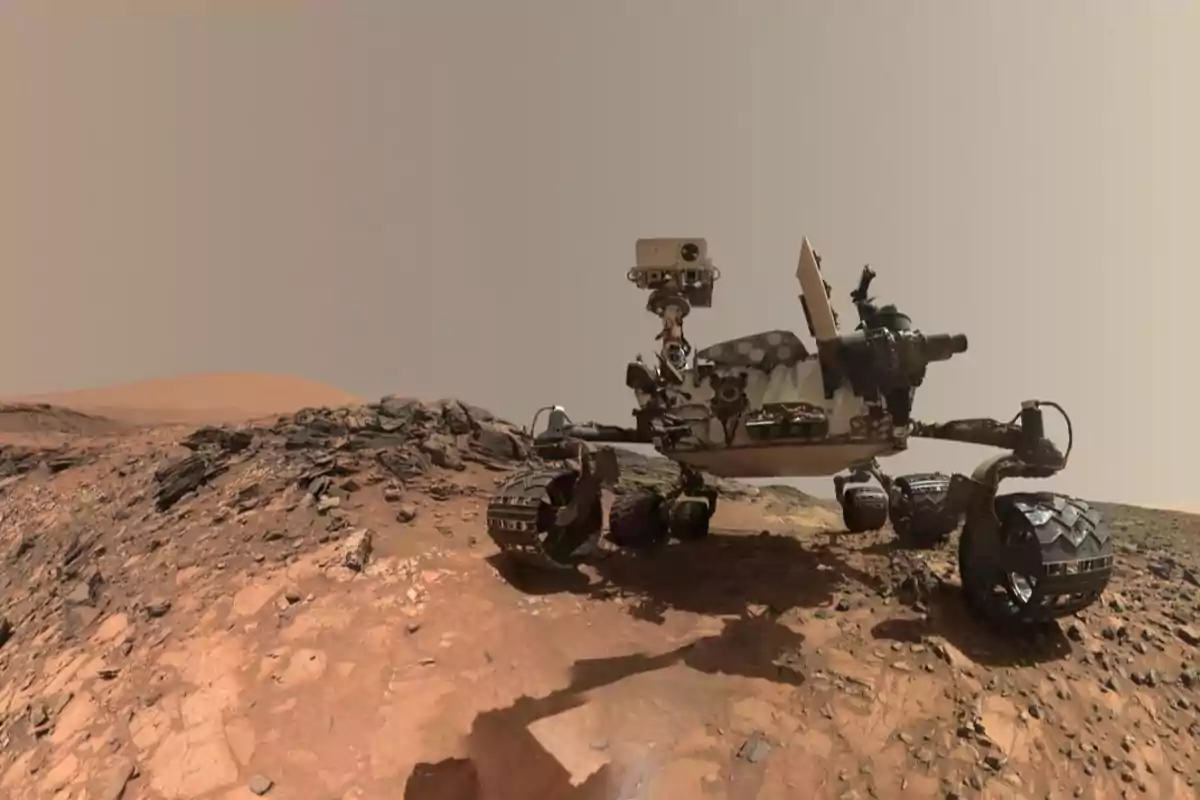Astronomer Jaime Giannelloni has made a statement that has captured the attention of the scientific community and the general public. His words reflect the significance of a recent finding that has revolutionized space exploration. To understand the magnitude of his message, it is necessary to analyze in detail what this discovery means and why it has such a deep impact.
Giannelloni has pointed out that this breakthrough is not just any discovery, but rather represents an important milestone in scientific space exploration. NASA, by revealing signs of life on Mars, has sparked a serious debate about the possibility that our solar system has hosted life beyond Earth. According to the expert, this finding opens a new chapter in our way of understanding the universe and its secrets.

Is past life on Mars confirmed? What the latest findings say
The astronomer has emphasized that "this discovery is important because we are in the era when astrobiology began." This statement highlights how the search for extraterrestrial life has shifted from being mere speculation to a well-established field of research. Thanks to missions like Perseverance rover's, scientists now have the ability to directly study samples that could contain biosignatures, something that previously could only be imagined.
NASA has analyzed samples from Jezero Crater, an ancient dry river on Mars. In them, they found complex organic compounds and microscopic structures that could indicate past life. These recent findings not only support the idea that Mars was habitable, but they also raise new questions about how life could have arisen on other planets.

A major step in the search for answers about life in the universe
Giannelloni has explained that, according to the prevailing theory, Mars had liquid water about 1.5 billion years ago, a period that lasted for about 500 million years. During that time, conditions would have been suitable for the emergence and development of microorganisms. The biosignatures found by Perseverance are highly valuable clues to prove this theory, as they reflect the presence of chemical substances that, on Earth, are linked to biological processes.
Finally, the astronomer has insisted that these findings are important markers that suggest the existence of microorganisms in that ancient Martian environment. This discovery not only has deep implications for understanding the history of Mars, but it can also offer crucial clues about how life formed on our own planet. Thus, the search continues, and this breakthrough represents a giant step toward answering one of humanity's deepest questions.

